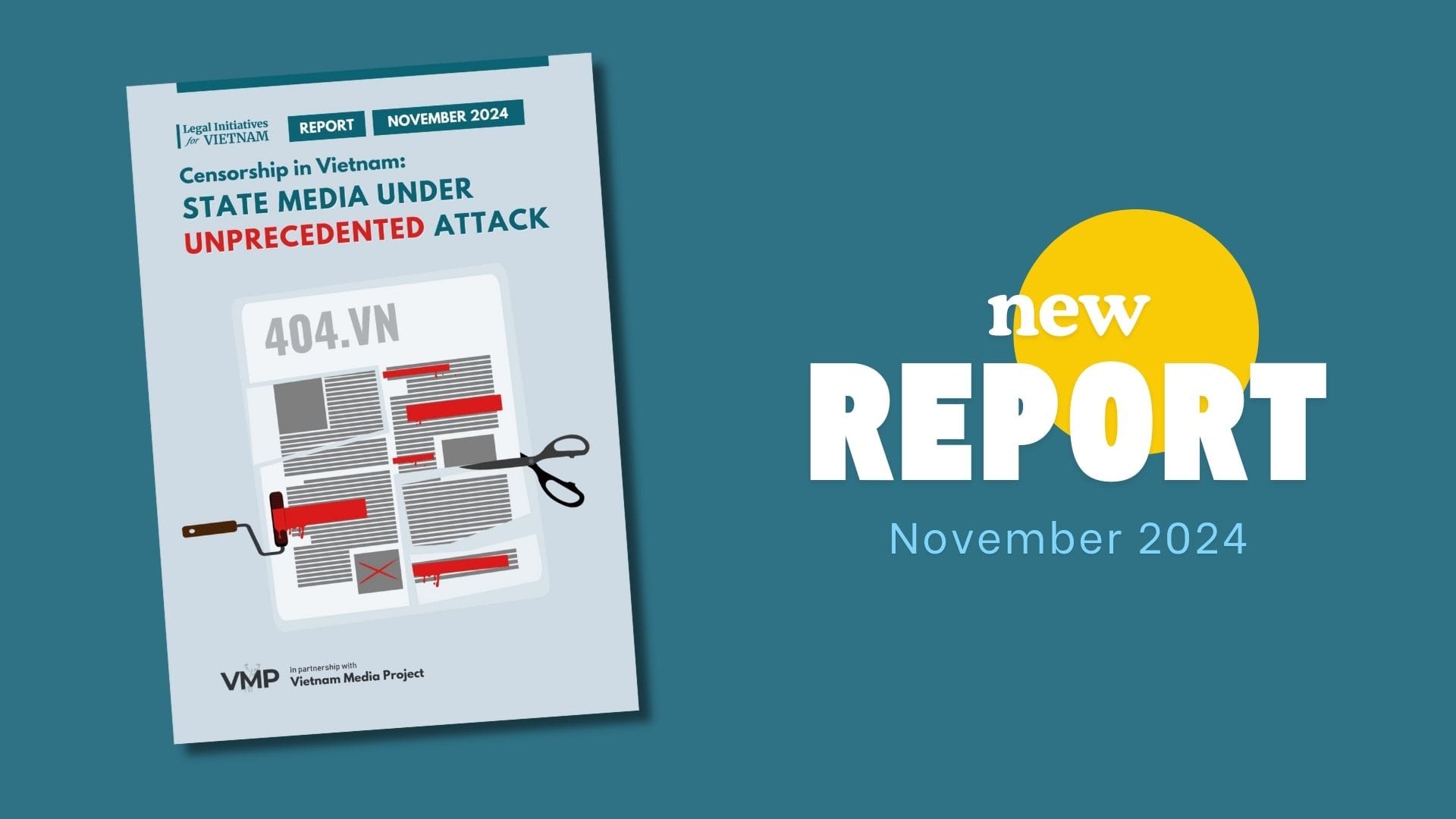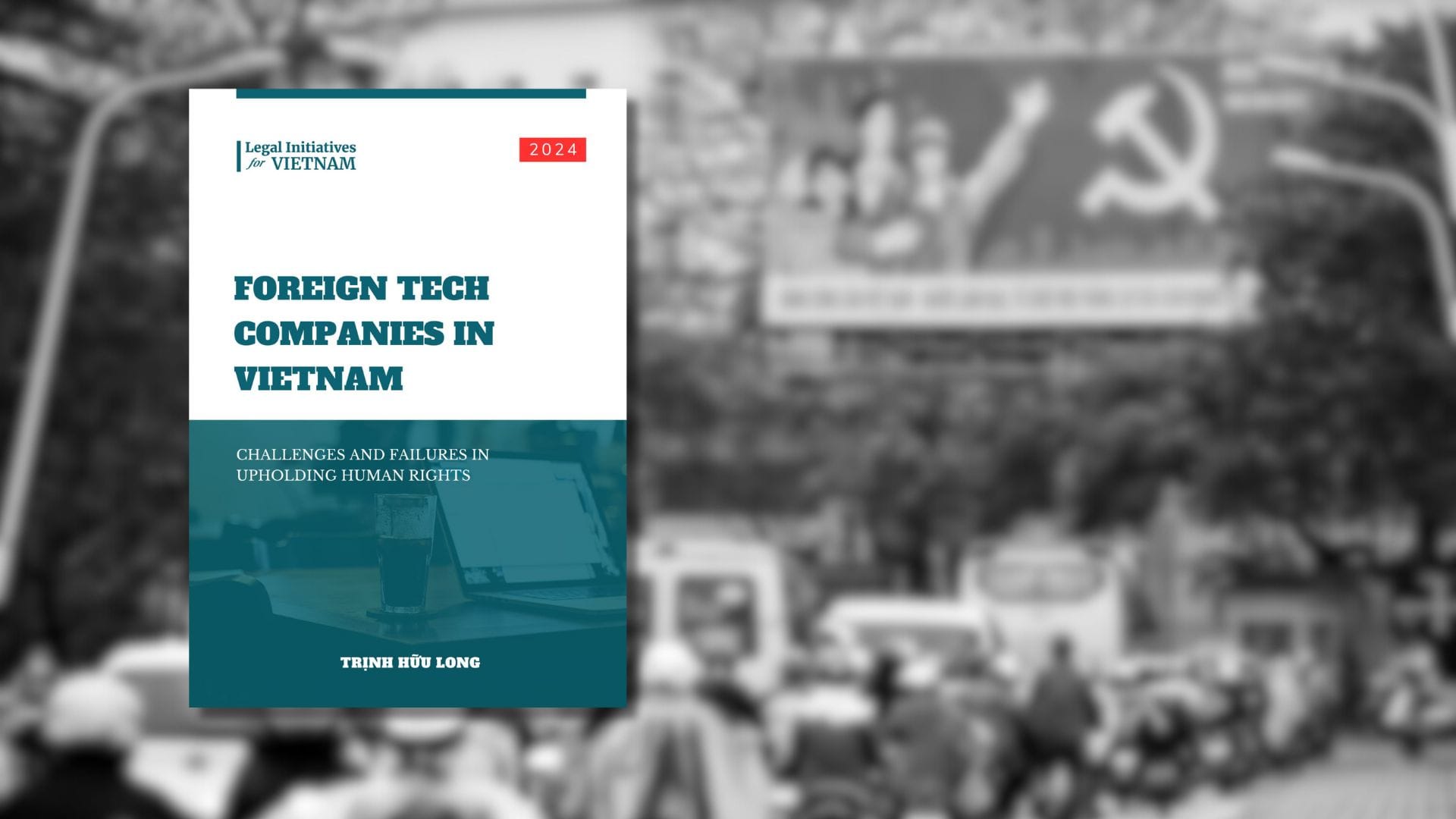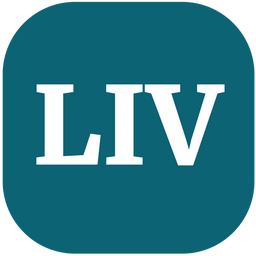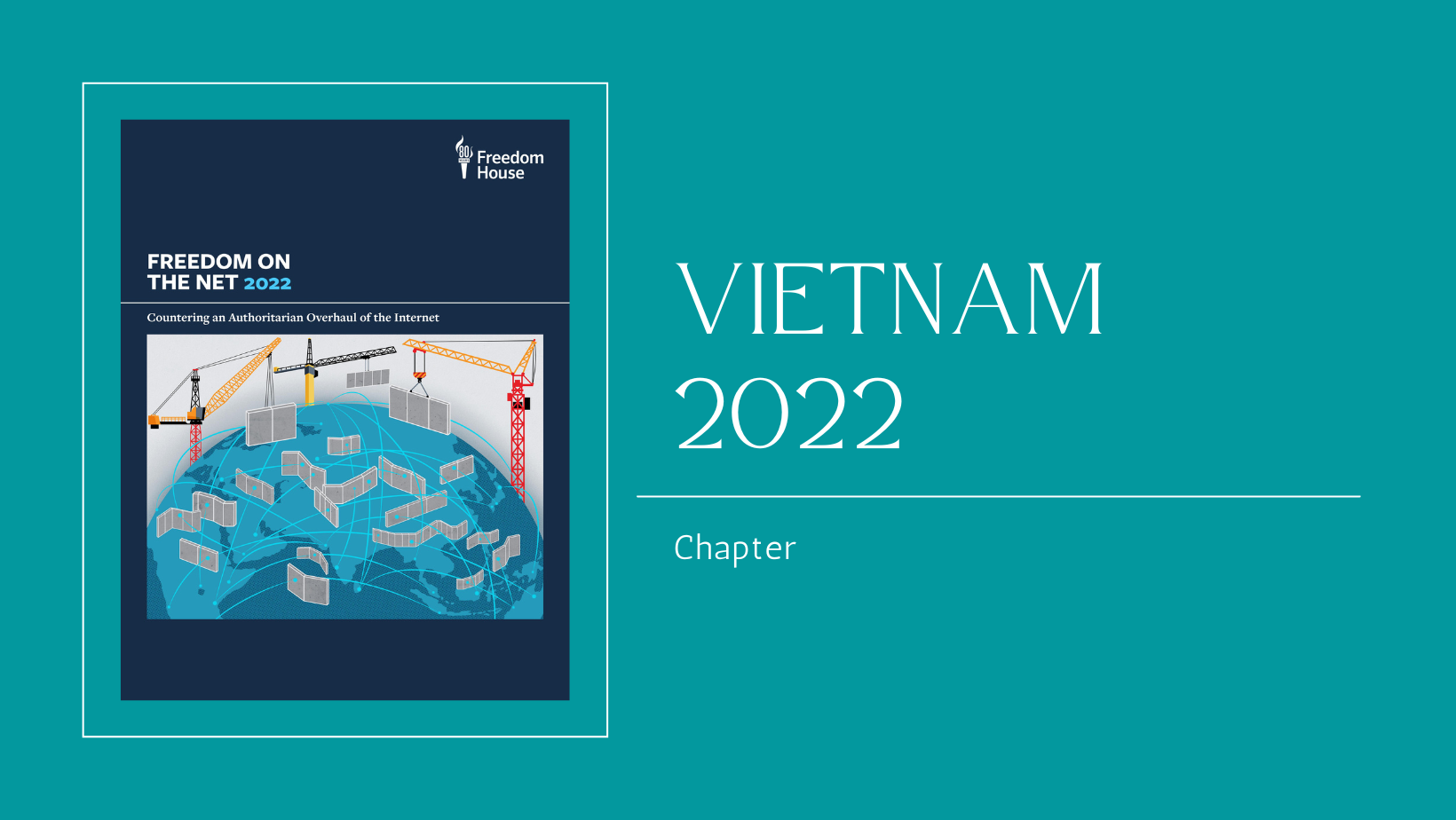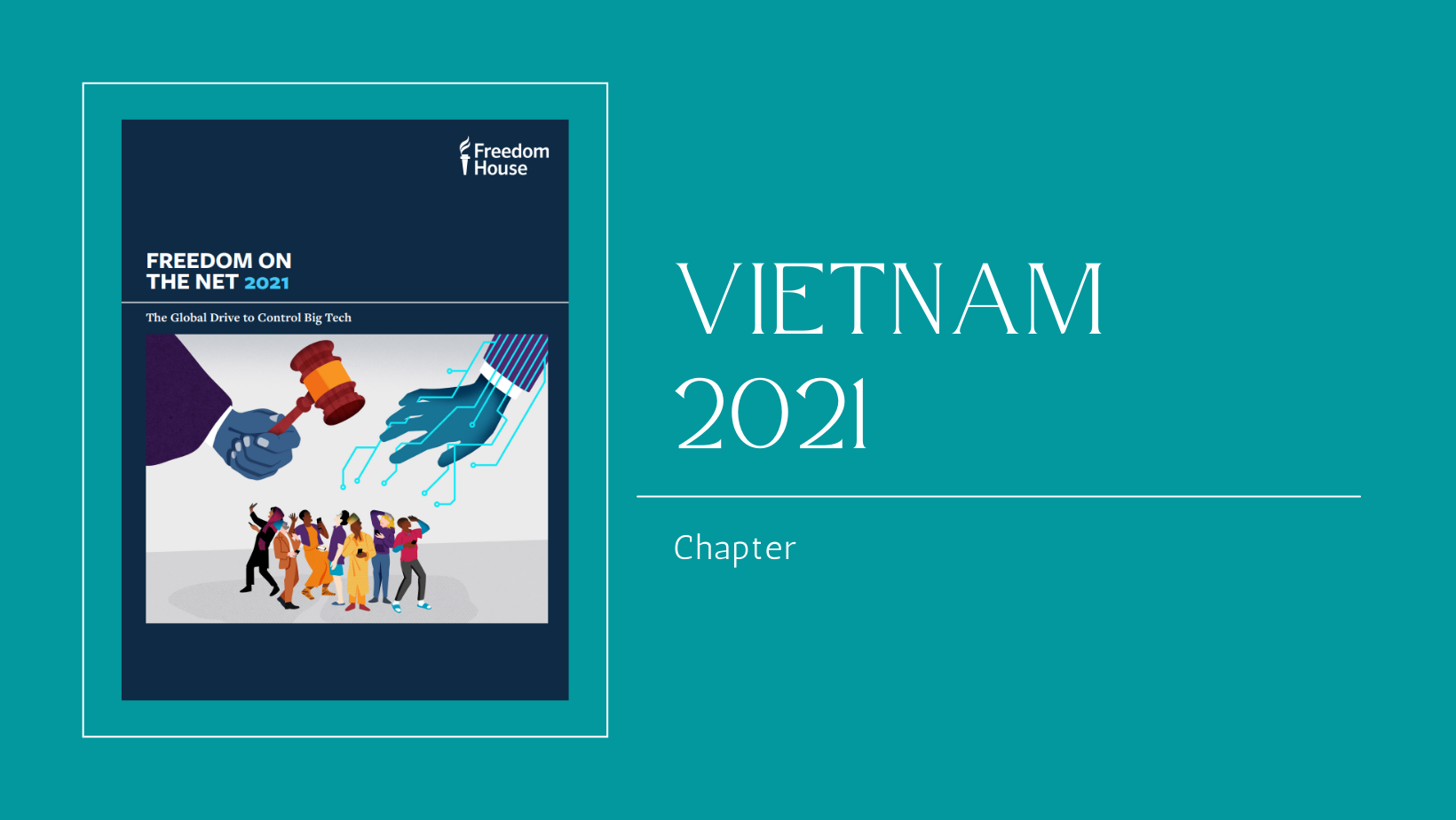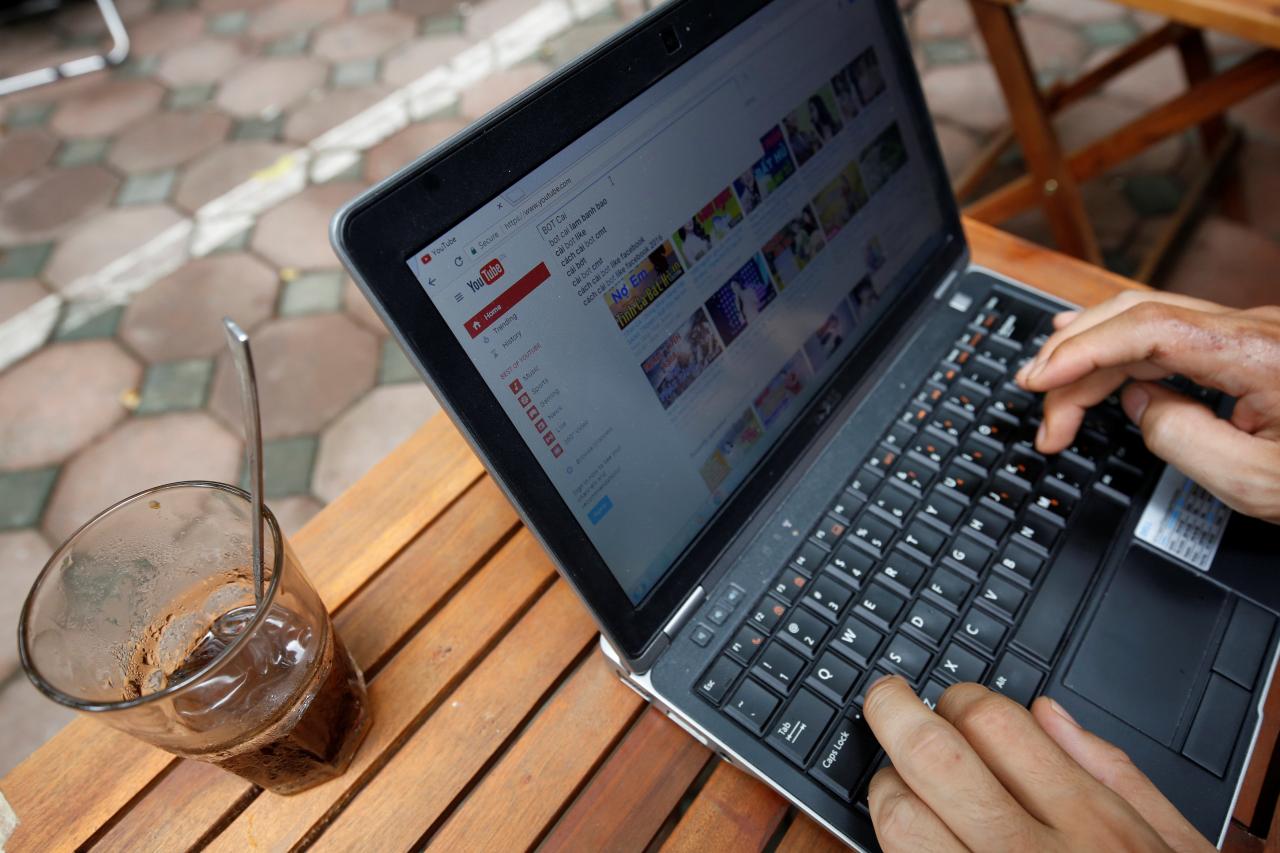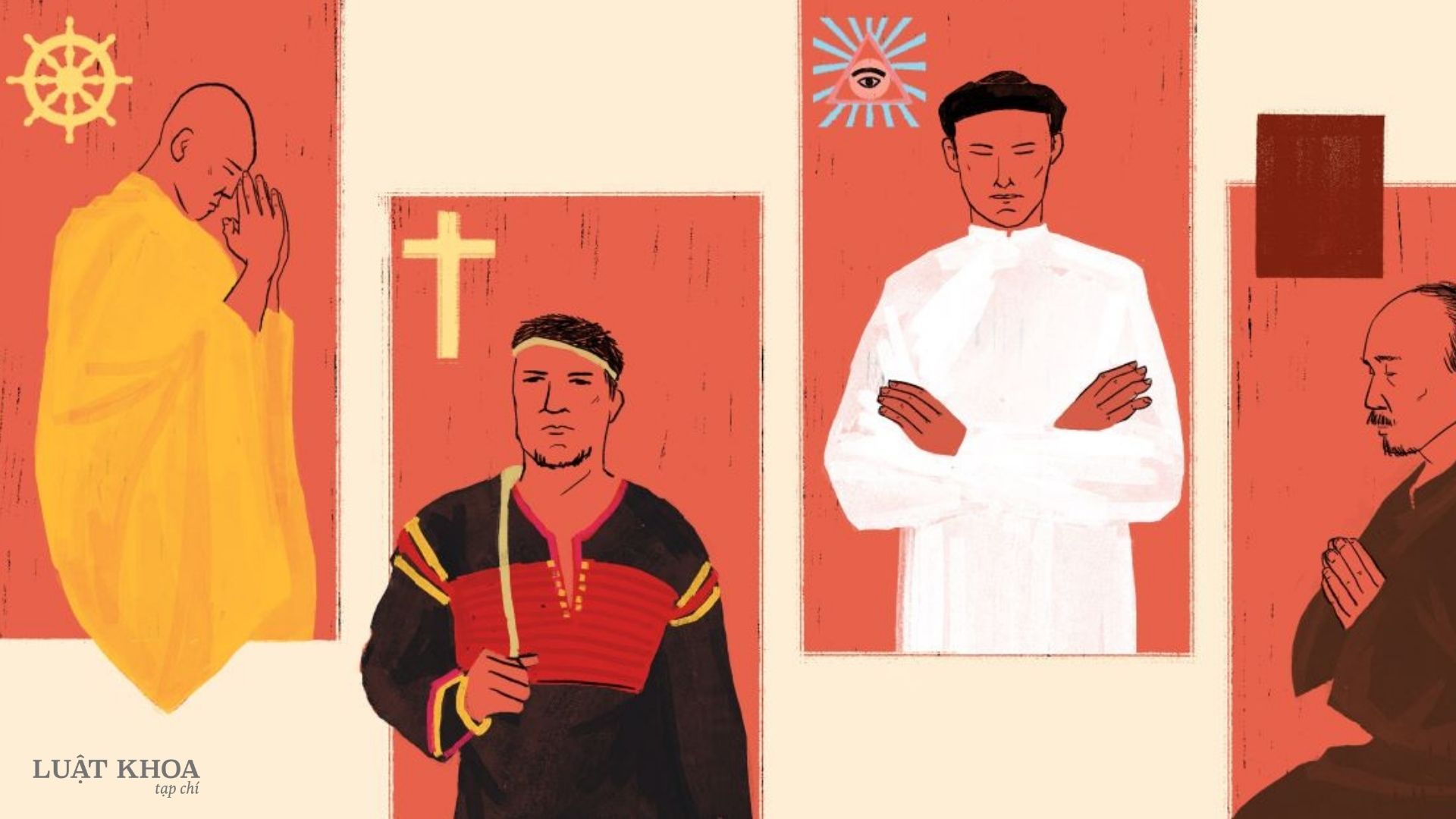The state of press freedom in Vietnam, particularly within state media, has been widely discussed over the past few decades. Although there is little debate that the environment has remained highly repressive, gaps and misconceptions persist in the existing literature.
To this day, many public statements and analyses still assert that private media is nonexistent in Vietnam and that state media functions solely as a mouthpiece for the Communist Party. Furthermore, the scope and impact of the party’s Press Plan 2025 have yet to receive the attention they warrant.
Today, Legal Initiatives for Vietnam (LIV) is pleased to release a new report that offers fresh insights into the nuances and recent developments surrounding press freedom in Vietnam. Titled “Censorship in Vietnam – State Media Under Unprecedented Attack,” the report explores how state media has come under increasing pressure and control by the market-Leninist regime following what was considered a heyday for Vietnamese journalism, spanning from the early 2000s to the mid-2010s.
This report, authored by our partner Vietnam Media Project (VMP) and reviewed by The 88 Project, represents LIV’s inaugural effort to document and analyze the state of press freedom in Vietnam, with financial support from the East-West Management Institute (EWMI). We welcome any feedback and are committed to continuing this work in the coming year.
For more information, please contact:
Trịnh Hữu Long
Editor-in-Chief, Luật Khoa Magazine, a project of LIV
Email: long.trinh@liv.ngo
Executive Summary
- Although Vietnam is often recognized as a country lacking press freedom, the first two decades of the 2000s saw a vibrant period in media development brought about by the rise of the Internet and increasing commercialization. This period recently came to an end when the party-state tightened their control over the entire media system.
- Independent media in Vietnam has nearly been eradicated due to government crackdown. As of October 2024, the Vietnamese government holds 17 independent journalists in prison. All of them were arrested during the past five years. Three new significant cases were recorded in the first half of 2024.
- Domestically registered news outlets, often referred to as state media, also face increased hardship due to the government’s weaponization of laws and regulations. The most affected are those registered under public associations or heavily involved with private companies. They are labeled as part of the “privatization of the press” and subjected to punishment or demotion. Instances of punishment and fines have significantly increased in recent years.
- Half of the registered state press organizations have been banned from producing political news from 2019 to May 2024, due to the implementation of Press Plan 2025 — a reallocation strategy designed to centralize state media. This move closely mirrors China’s approach of monopolizing political news through party-state entities.
- The Vietnamese government is focusing its resources towards creating six powerful party-state media conglomerates, encompassing the party’s mouthpiece, the police, the army, national news agencies, TV, and radio. These conglomerates are being positioned to spearhead the transformation of Vietnam’s digital media landscape, a development celebrated by tech giants.
- The Vietnamese government has become more sophisticated in utilizing technology to monitor news coverage and conduct surveillance on newsrooms. Evidence indicates that certain tools are being used to track removed articles and monitor media coverage by keywords and sentiments.
- The increasingly hostile media environment in Vietnam creates a climate of fear that pushes newsrooms into survival mode, erodes journalists’ will to resist, and encourages self-censorship. This situation is characterized by silence on “sensitive” events and uniform news coverage.
Table of Content
ACKNOWLEDGEMENT
EXECUTIVE SUMMARY
List of Tables and Figures
Glossary
List of Newspapers & Other Media Sources
INTRODUCTION
CHAPTER I: MECHANISM LIMITING PRESS FREEDOM
System of Control
Limited Space for Non-State Media
Foreign media: Difficulties in license acquisition
Crackdown on Independent Media
Main Policies Targeting the Press
Speech Crimes: The Penal Code
Press Law: Prohibited Acts
Sanctions for Misconduct: Decree 119/2020/NĐ-CP
Internet Regulations
CHAPTER II: HISTORICAL CONTEXT AND CHANGES
The Phase of Critical Journalism: 2000s – mid 2010s
The Phase of Heavy Crackdown (2019 – present)
Press Plan 2025: Press Quotas
Similarities to China
Effect on the media landscape
CHAPTER III: CENSORSHIP 2.0
No One is Safe: The Increasing Complexity of State Censorship
No Place to Hide: Tech-embedded Surveillance Over the Media
No Money No Talk: Big Corporations as “Another Propaganda Commission”
No More Resistance: The Toll of Self-censorship
“I did not feel like it was worth it anymore.”
“More Classified Stamps”: Professional Barriers Erected
A Blanket of Silence
DISCUSSION AND CONCLUSION
SELECTED BIBLIOGRAPHIES
ANNEXES
Annex 1: Cases of Censorship
Annex 2: List of Imprisoned Journalists & Bloggers (as of October 2024)
Annex 3: Profiles of Prominent Independent Media
Annex 4: Prohibited acts – 2016 Press Law
